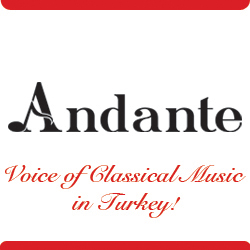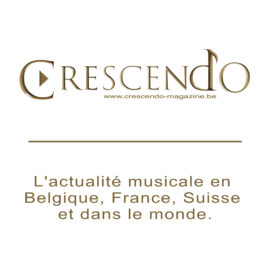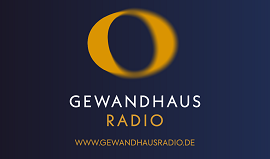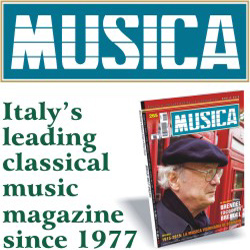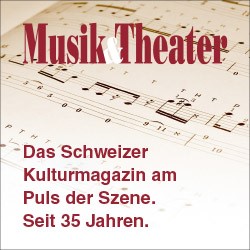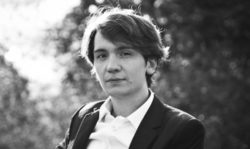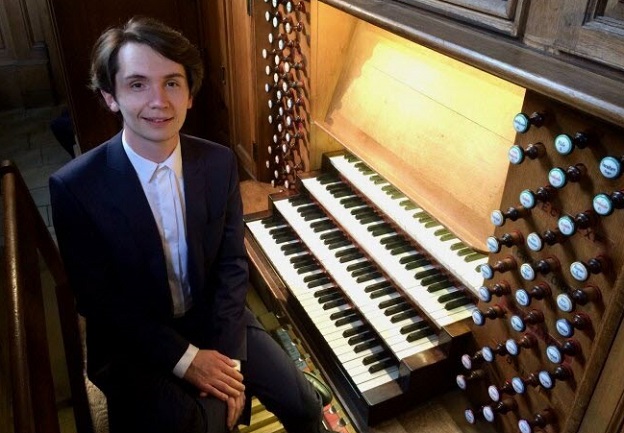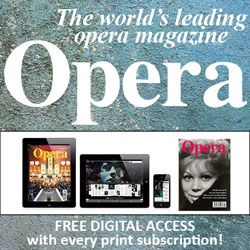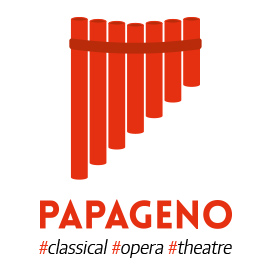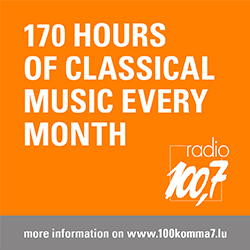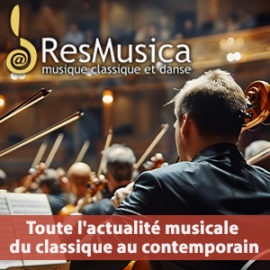Karol Mossakowski, titular organist of the Cavaillé-Coll organ in Saint-Sulpice in Paris since last February, is one of the most promising artists among the rising figures of the young organ school. This year he is a prizewinner of the ICMA (International Classical Music Awards). Here is an interview with ResMusica, member of the ICMA jury.
You have a brilliant international career throughout Europe and France in particular where you live, where does this close link with this country come from?
I have always been fascinated by the tradition of the organ and organists in France. I arrived in Paris in 2011 for my studies at the Conservatoire, then I worked at Radio France, and at the cathedral in Lille. Today I am titular organist of the Cavaillé-Coll organ of the church of Saint-Sulpice in Paris. The choice of France was therefore completely natural.
You studied music in your native Poland and in France. How did you perceive these different approaches in your construction as a musician?
I was fortunate to have this double path that built my musical personality. The organs and the teaching in Poland are closer to the German tradition, which is very different from that in France. For an organist it is therefore good to know these two worlds.
In the last few years, you have won about ten international organ competitions. It seems that you are a « competition animal ». How do you perceive competitions: as an indispensable element for the development of your career or as a motivating challenge for an even more meticulous work on the organ repertoire?
Both! It is obvious that some, like the Grand Prix de Chartres (2016), allow one to develop one’s career on an international level. I would like to say that with competitions, it all depends on how you go about it. You don’t have to take it as a sport. Competitions can simply motivate us to work, to surpass ourselves, they often allow us to discover a new repertoire, and above all, they can allow us to meet other organists.
You have also held various positions including several residencies and responsibilities in organ teaching. You have been in residence in New Orleans (2014-2015), then at Radio France (2019-2022) and now in Katowice, Poland. What do these privileged moments bring to you in your career as an organist?
It is a real joy, with these residencies, to be able to share my love for the organ in very diverse forms. I have always thought that the organ is still a not so well-known instrument. It is our duty to fight for its future and to develop an interest in the instrument among very diverse audiences.
You have played in concert on prodigious instruments, often in concert halls and sometimes accompanied by prestigious orchestras. Do your personal aspirations lead you to these choices? Or do you enjoy performing on all types of quality instruments?
My goal is to show that the organ is an instrument like any other, and that it is capable of collaborating perfectly with other musicians. The richness of our profession is precisely this diversity, just by the instruments themselves, which are very different depending on the place in which they are located.
With all these strings to your bow, how do you see the future of your career in particular and the organ in general?
I don’t know, I don’t really ask myself that question about my future. If I could still share my love for music, I would be happy. And I remain confident when it comes to the future of the organ. We are lucky, both in France and in Poland, to have extraordinary instruments in churches and concert halls. It is up to us to attract audiences!
You have just won the Orchestra Award at ICMA 2023 (in association with the National Music Forum in Wrocław) for your performance and improvisations, what does this award mean to you?
It’s really nice to think that an organist receives this award. It means that other musicians appreciate and want to collaborate with this world of the organ which sometimes seems to be so far away and so close at the same time!


